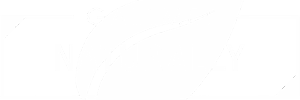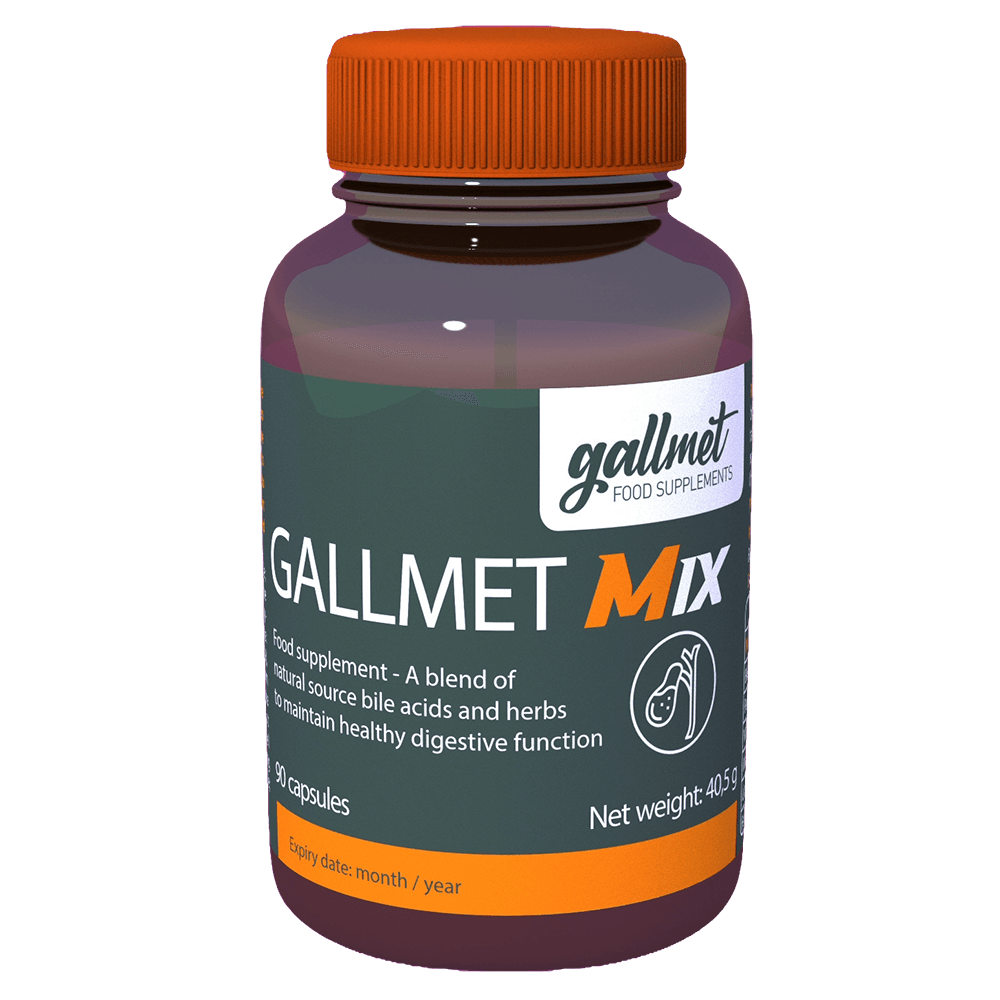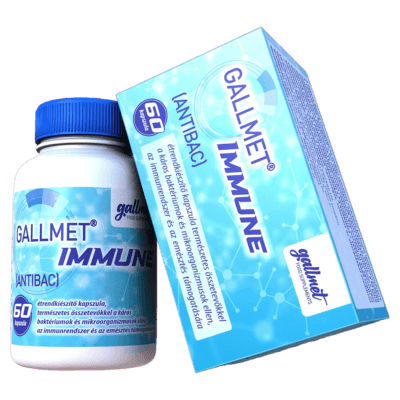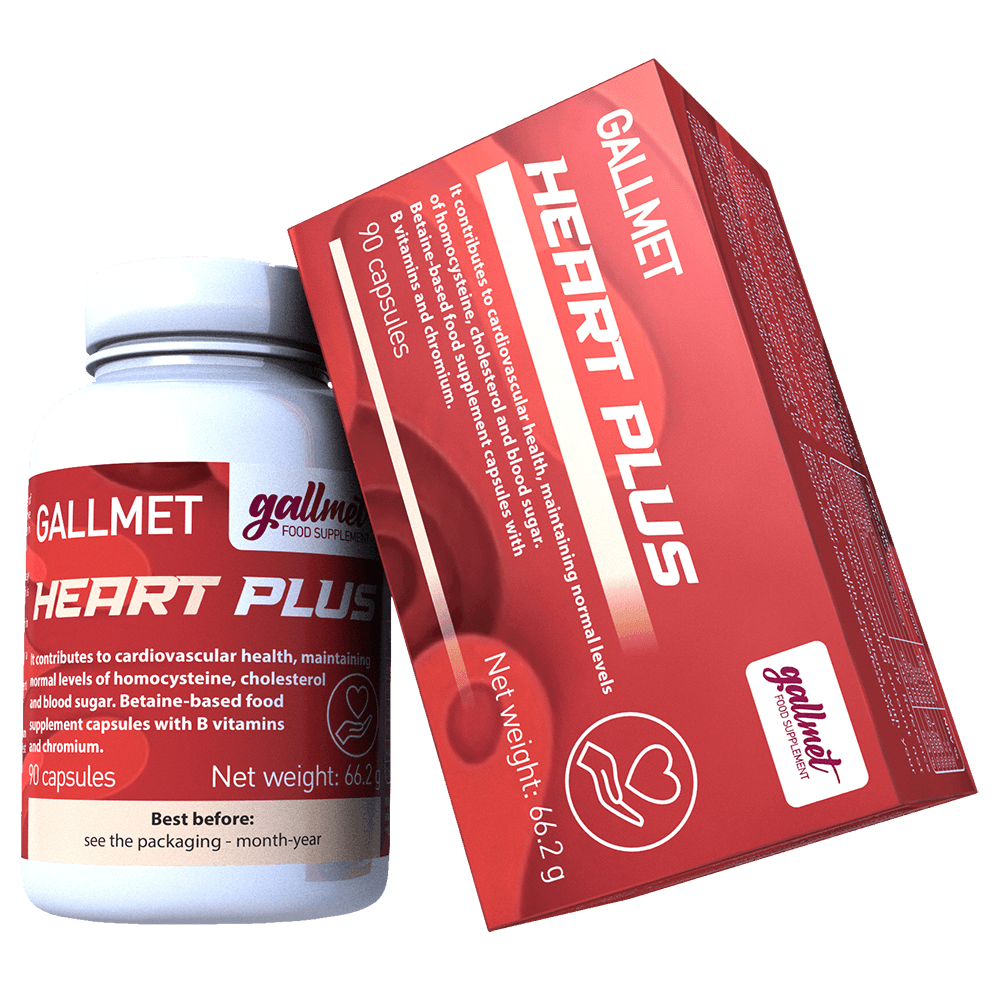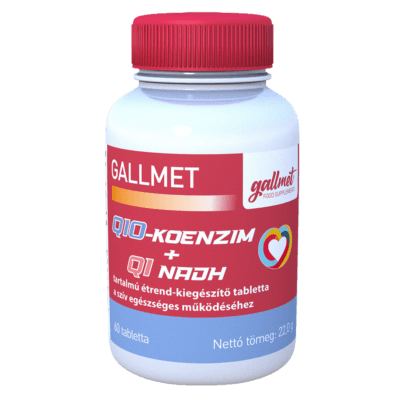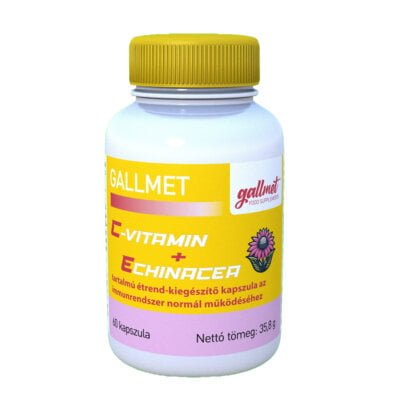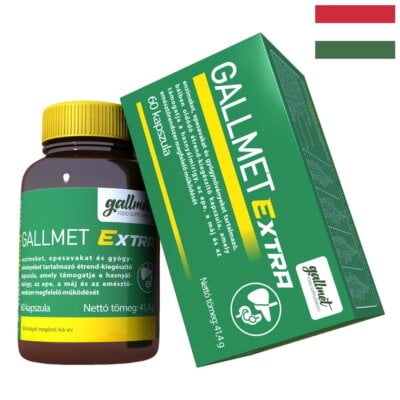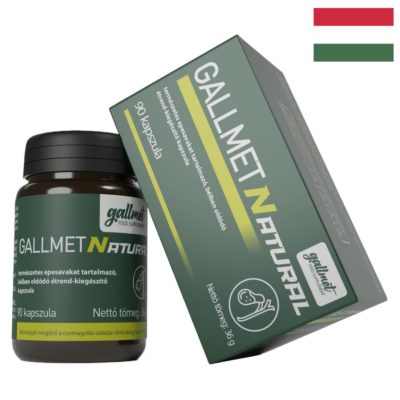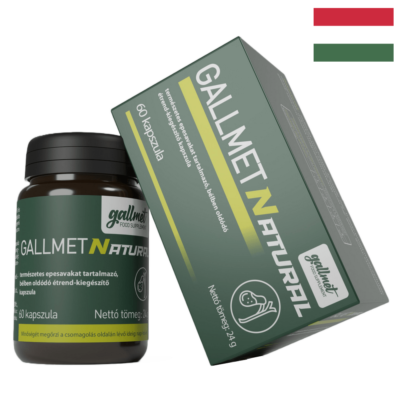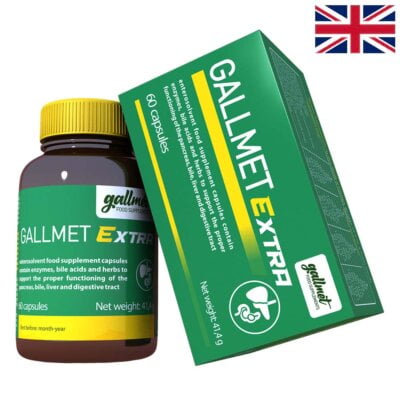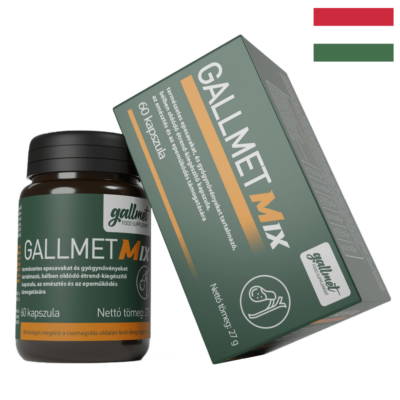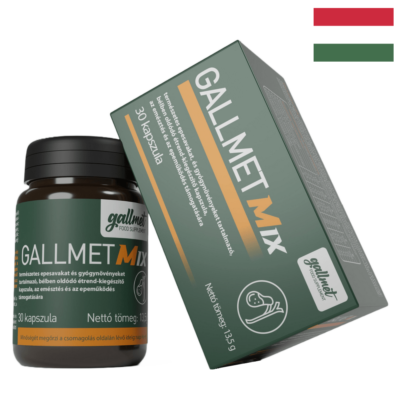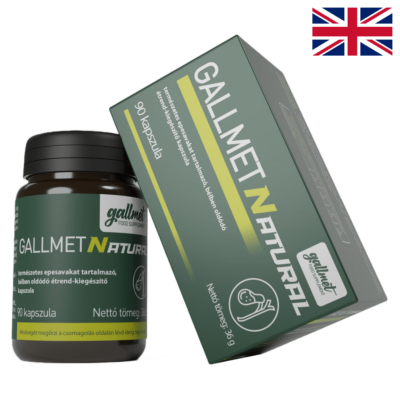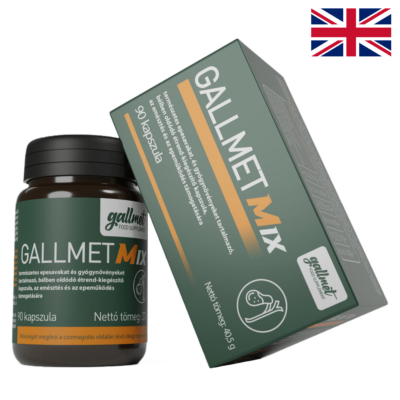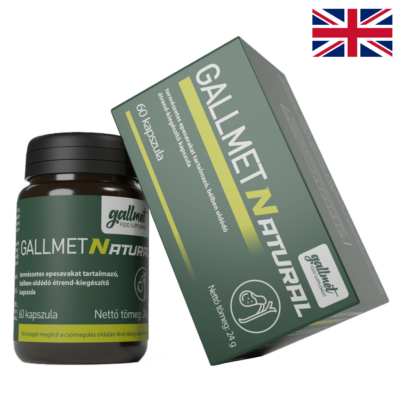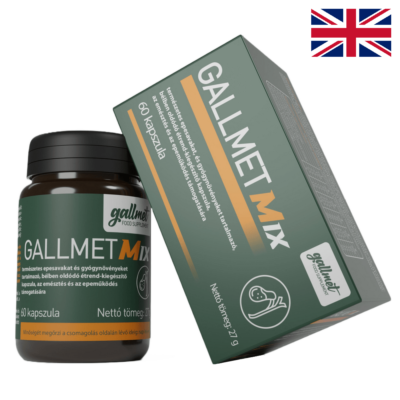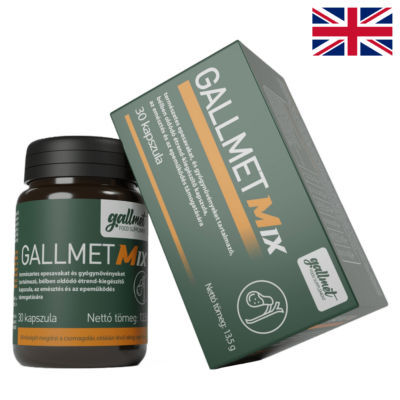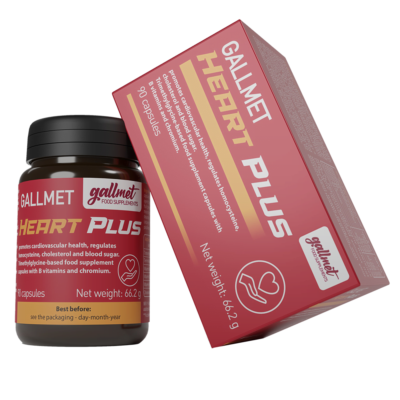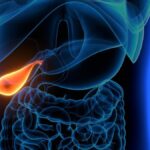Gallbladder diet - what can you eat and what can you not eat if you have a gallbladder disease?

After gallstone or gall bladder removal, a bile-sparing diet may be necessary to prevent various digestive problems (e.g. bloating, pain under the right ribcage, diarrhoea, etc.).
However, a completely fat-free diet should not be used in the long term because it can also lead to gallstones.
We usually recommend that you eat fatty foods, especially in the morning and at lunch (but in moderation), because fat and oil stimulate the production of bile and the secretion of bile fluid from the gallbladder.
If you take GALLMET bile acid capsules with it, the unpleasant symptoms may disappear completely.

"We've been taking it for 2 years, 2 capsules before eating and then heavy, fatty foods, like roast chicken... if it's just stew, noodles, then 1 capsule. I dare recommend..." Mrs Zoltán K.
The main principles of the bile diet
The following advice is for each person to work out for themselves, but is a general guideline.
- fasting is forbidden except after a bile attack
- skipping meals, too strict a diet is conducive to gallstones
- several small meals a day
- reduced fat intake, which is recommended mainly in the morning, possibly at midday
- avoid fatty foods in the afternoon and evening
- frying in hot oil should be avoided
- prepare meats by stewing or boiling
- leaving dry pulses
- use few spices
- drinking 2-3 litres of water a day
- avoid sugary drinks, caffeine and alcoholic beverages
- maintaining a healthy weight, regular exercise recommended
What can you eat on a bile diet?
- Cooked, grilled, lean meats
- Cod, trout, pike, hake, flounder
- Mashed potatoes, steamed rice, noodles, grilled vegetables, pasta
- Fresh fruit (apples, pears, peaches without peel)
- Compotes without sugar
- Soft-boiled eggs for breakfast
- Skimmed milk, low-fat cheese, cottage cheese, yoghurt, kefir
- Wholemeal bakery products, sponge cakes, biscuits, puddings
- Herbs (parsley, dill, rosemary, etc.)
What not to eat on a bile diet?
- Meat fried in oil, meat fried in oil
- Fatty meats, bacon, seasoned salami, sausage
- Stew, paprika dishes, liver and other offal
- Side dishes fried in fat or oil (croquettes, French fries, etc.)
- Dried fruits, oil seeds
- Hard-to-digest dry pulses (dry beans, lentils)
- Vegetables with a bloating effect (cabbage, kohlrabi, Brussels sprouts)
- Onions, cucumber, tomatoes, peppers
- Hard boiled eggs, French toast
- Hot spices (pepper, chilli, onion, red pepper)
- Chocolate, buttercream and whipped cream filled cakes
- Pasta filled with nuts, poppy seeds, cakes
- Oil-fried scones, doughnuts - dough made with yeast
Sources: Health Mirror and Mindmegette
What can someone with digestive problems or who has already developed gallstones do?
- Capsules containing bile acid and possibly bitter substances and herbs help break down fats and reduce bloating.
- Consumption of bile acids can relieve symptoms (pain under the right rib cage, bloating, diarrhoea or constipation, lightening stools) and even dissolve up to 10-15 mm of so-called soft cholesterol stone.
- A less stressful lifestyle can reduce the symptoms of gallstones.

"I just bought GALLMET-Natural this week! I ate stuffed cabbage, took the capsule before and had no problems after eating! My bile has been removed!" Judit P.F.
Our products are available in all pharmacies in Hungary!
Click on the [print-me] icon to print the page
